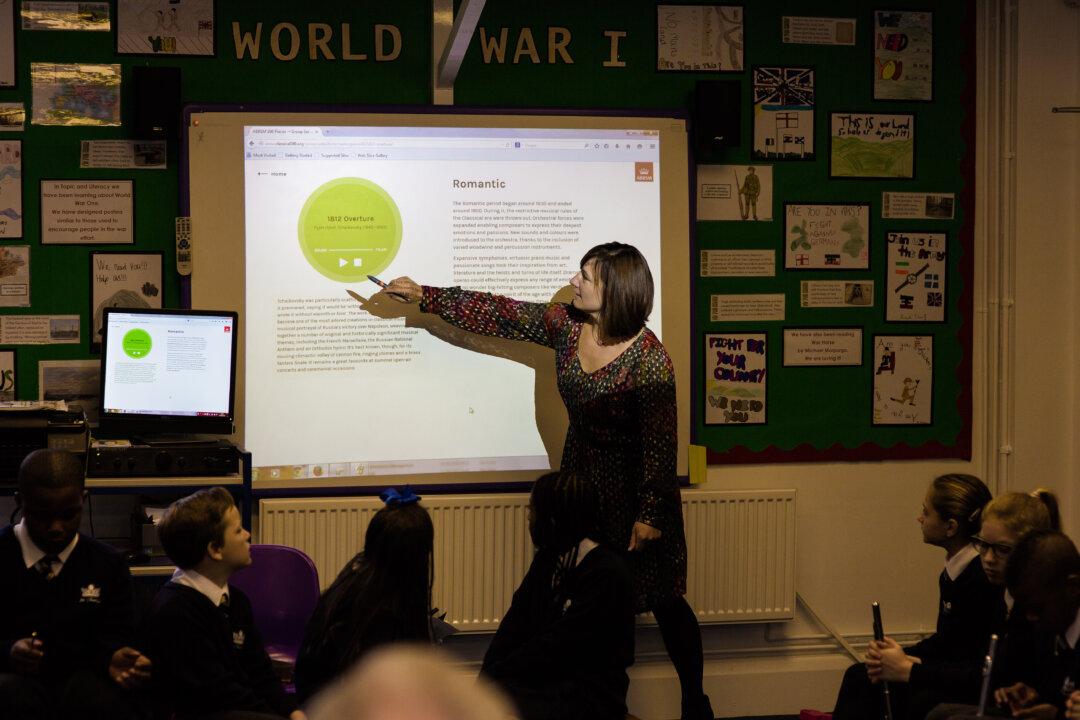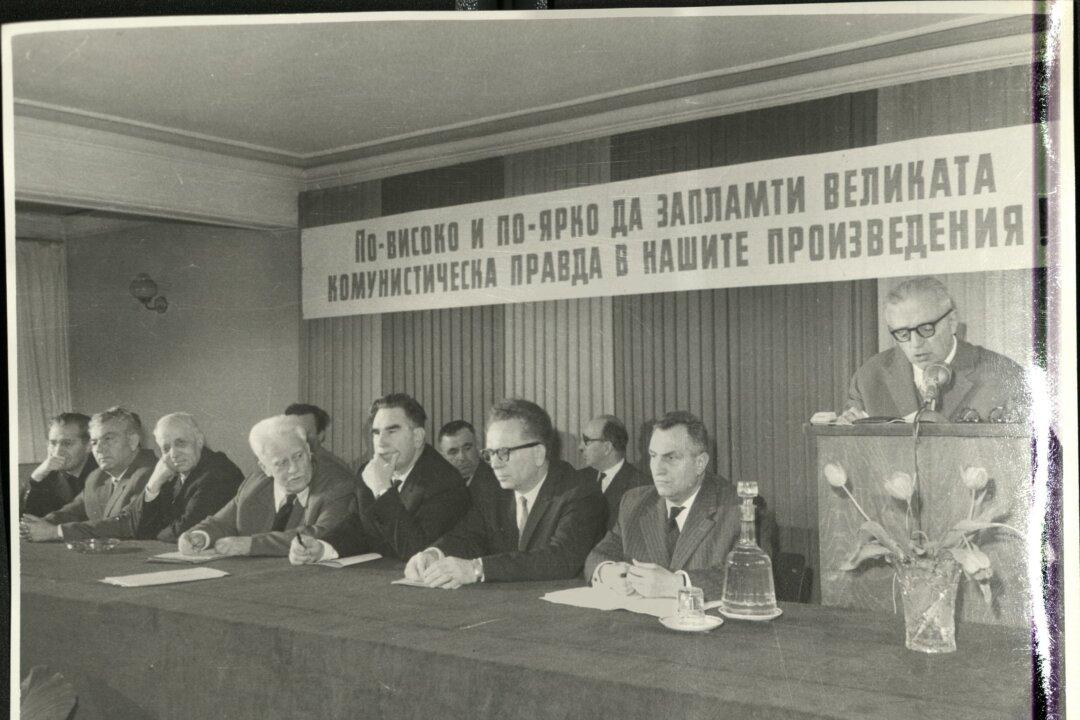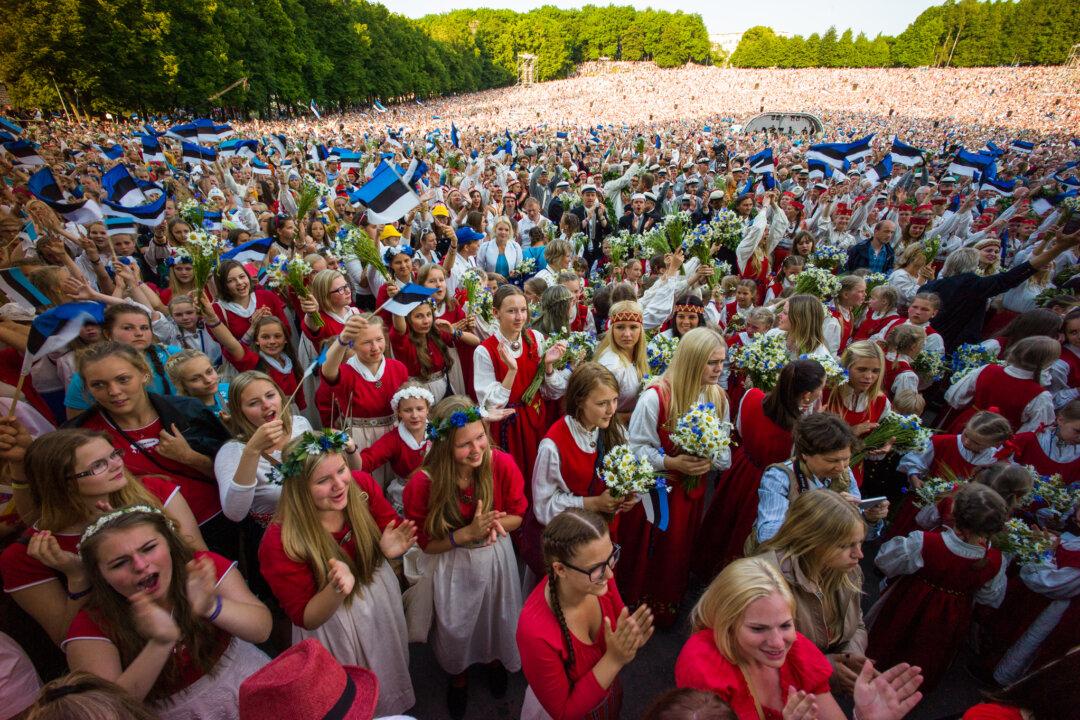Primary school teachers in the United Kingdom now have a powerful tool to ignite the love of classical music in their pupils—a new Web-based application, Classical 100, launched on Nov. 2.
Classical 100 is a carefully chosen and free-to-use selection of 100 classical music pieces spanning 10 centuries—from the medieval choral music of Hildegard von Bingen to works by contemporary composers like Graham Fitkin and John Adams.
For me as a music teacher, it is wonderful to have 100 pieces ready to be used.
, St. Charles Catholic Primary School, London






